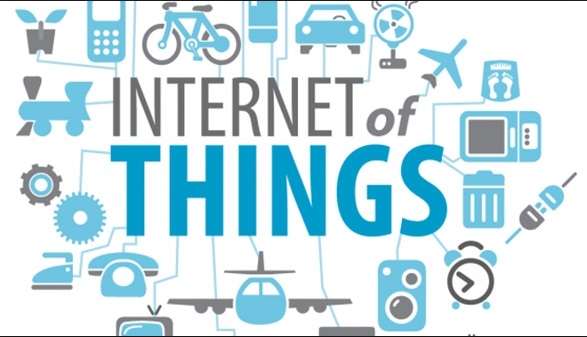 ORLANDO (ICIS)–The trend to upgrade technology and go digital, also known as Industry 4.0, can have unforeseen inefficiencies and possible security vulnerabilities, a US-based industrial automation services firm said on Friday.
ORLANDO (ICIS)–The trend to upgrade technology and go digital, also known as Industry 4.0, can have unforeseen inefficiencies and possible security vulnerabilities, a US-based industrial automation services firm said on Friday.
“I’m not saying, ‘don’t do it’,” Automation & Control Inc president Ron Iannacone said on the sidelines of this year’s National Plastics Exposition (NPE). “We’re in the innovation field. But don’t make it out that everybody’s going to have it.”
Despite advances in technology, there is no 100% foolproof system, Iannacone noted.
“I think the problem is, people want 100%,” he said. “They want a computer to tell them everything that can go wrong with a machine. It’s not going to happen, probably ever.”
Simple human error is the largest variable to complicate predictive analytics, he noted.
“The machinery is so complex, and there are so many things that can affect the operation of equipment,” Iannacone said. “You can’t put robots on everything. You still need a human operator.”
He was also critical of relying on industrial internet of things (IoT) for one or two portions of a facility floor.
“Original Equipment Manufacturers (OEM) ask me my opinion on the internet of things as it applies to manufacturing,” Iannacone explained. “I said, ‘it’s a joke’. Unless you do what we do and tie everything together in the whole plant floor, you’re only going to get it (IoT) on that one machine,” he said.
Iannacone compared the situation to owning a Tesla electric vehicle (EV) with diagnostic readouts, next to a 1974 Chevrolet. Having one smart vehicle doesn’t increase the amount of data you can monitor for both, he said.
In addition, some company information is sensitive enough that utilising ditigalisation techniques reduces security instead of the intended effect of increasing it, he said.
“We do data collection. We collect machine and process data for major companies,” he said. “Customer information. Lot number. Critical process information that is key to the business. A lot of which is proprietary.”
Industrial information can be sensitive enough, Iannacone said, that certain customers will say outright they’re not interested in trends such as cloud computing, the act of hosting information on a remote network of servers offsite from company property.
“The trend is to put data on the cloud,” he said. “But our customers don’t want anything on the cloud. Some customers won’t even let you remote connect to information. One of our customers doesn’t even want to exhibit here because their information is so proprietary.”
Collecting data for companies who serve customers in the automotive industry is a particular issue, he said, noting the competitiveness in the automotive sector.
Sponsored by the Plastics Industry Association (PLASTICS), NPE2018: The Plastics Show takes place on 7-11 May in Orlando, Florida.
